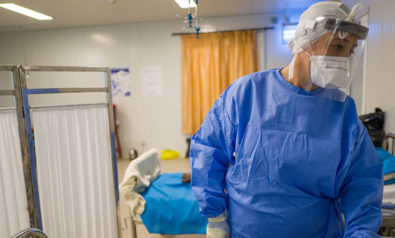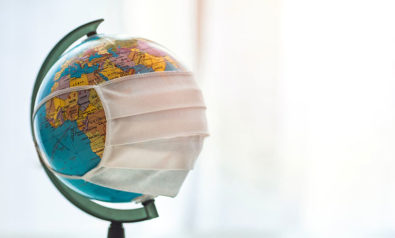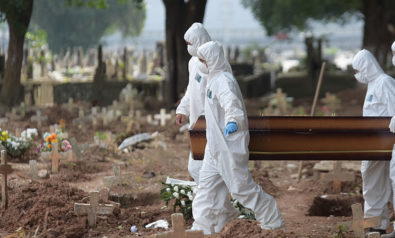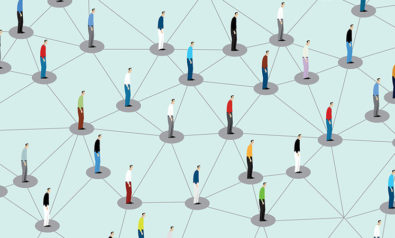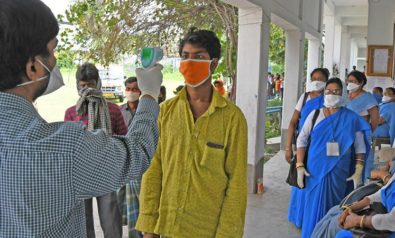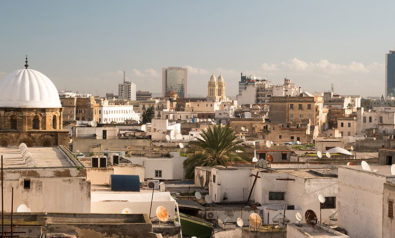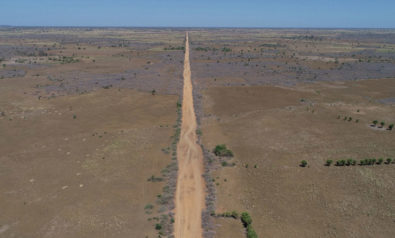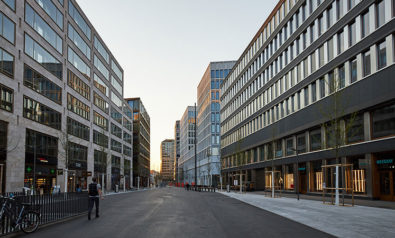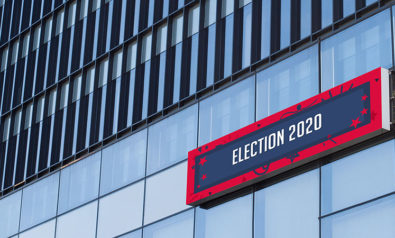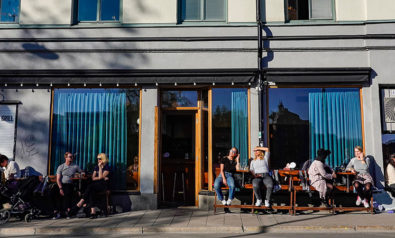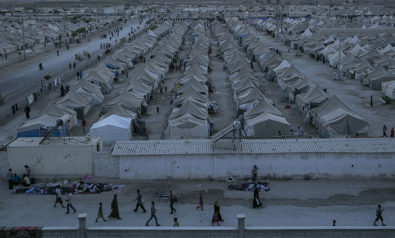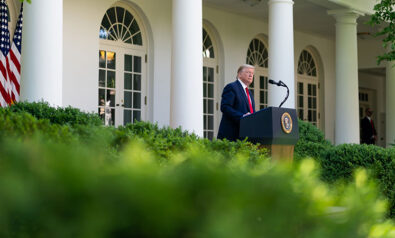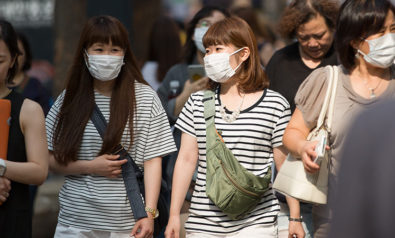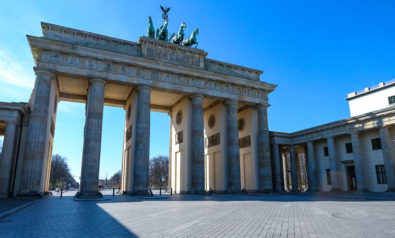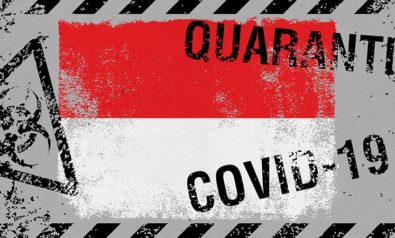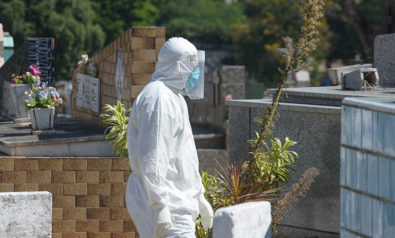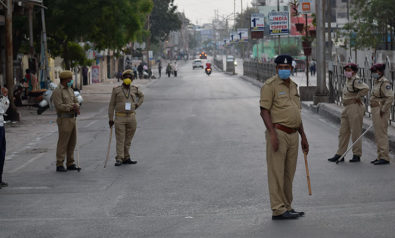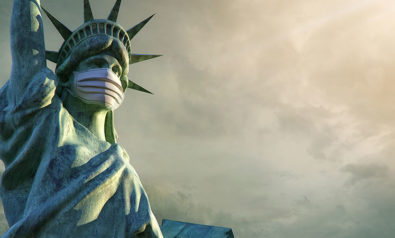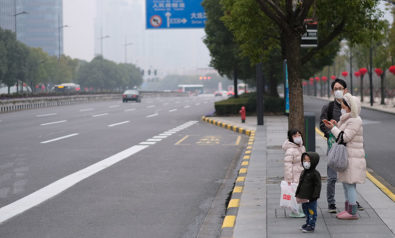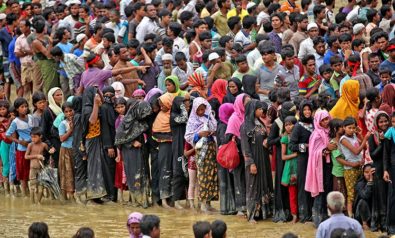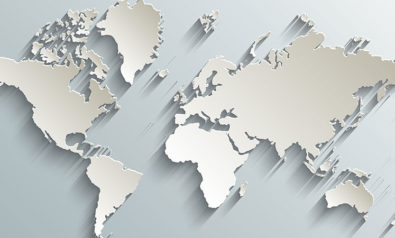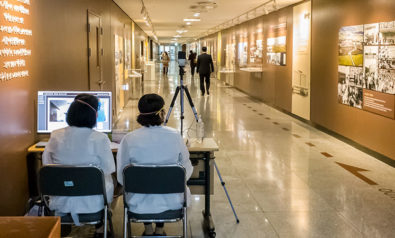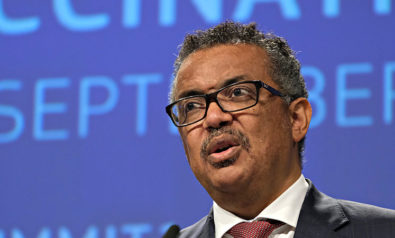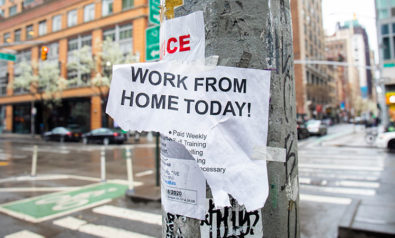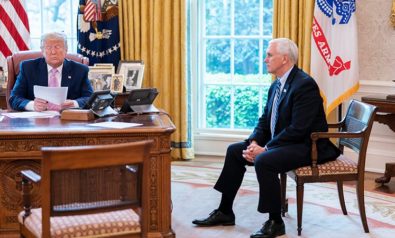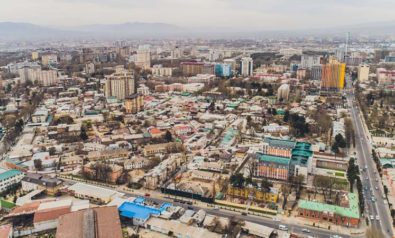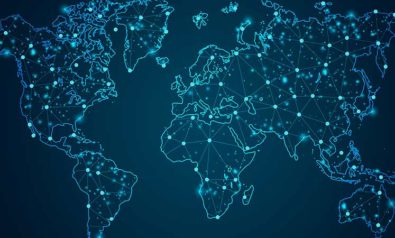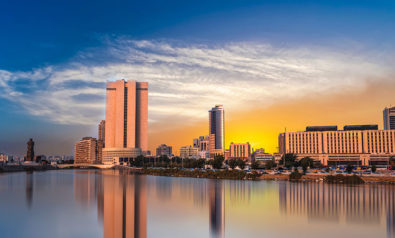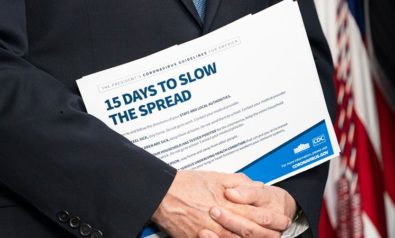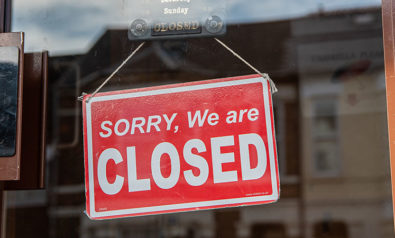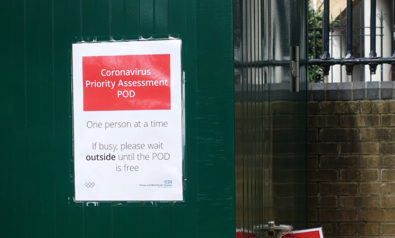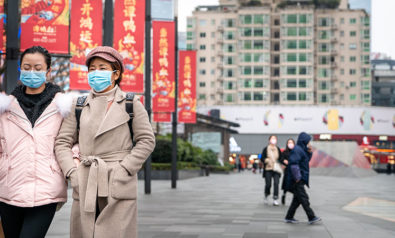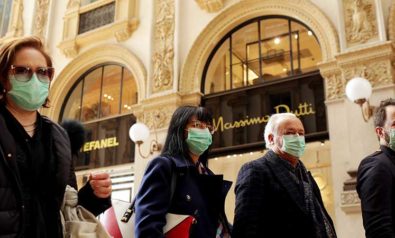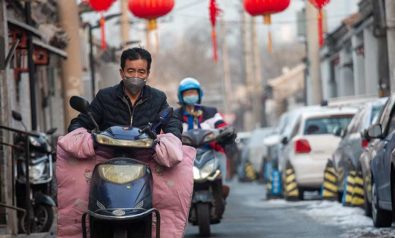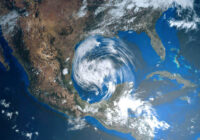Nearly one year has passed since the Easter Sunday attacks in Sri Lanka, and in the midst of a lockdown due to the coronavirus pandemic, the anniversary was marked under somber circumstances. The trauma of these terrorist attacks — which occurred when an Islamic extremist group bombed churches and hotels on April 21, 2019 — cannot be understated.
On the one hand, it is extremely painful to think that innocent people were killed in the safest and most sacred of places on a holy day when worshipping in the house of God. While this is not the first time that terrorists had targeted places of worship in Sri Lanka — mosques were attacked by Tamil Tiger militants in 1990 — this was the first major incident since the end of civil war in 2009.
Sri Lanka’s Persecuted Muslims Are Turning Radical
On the other hand, soon after the 2019 attacks, Muslim communities were targeted and assaulted and countless youth were arrested. The acts of hate speech and incitement to violence that followed were reprehensible because they spoke to the same source of ignorance and intolerance that led to the Easter Sunday attacks.
Twelve months later, that same feeling is responsible for feeding an anti-Muslim narrative to falsely explain how the novel coronavirus known as COVID-19 has spread in Sri Lanka. This has been pushed by national media and supported by some politicians, leading to a feeling of déjà vu in terms of Islamophobia. This has not been helped by a recent government order to cremate the corpses of those who have died from COVID-19, which conflicts with guidance from the World Health Organization. For the Muslim minority in Sri Lanka, burning the bodies of the deceased goes against the teachings of Islam.
There is now a crisis of confidence in not only the government, but also the majority community in Sri Lanka as to how the country moves forward and where minorities fit in.
Looking Back on Easter Sunday
In reflecting on the Easter Sunday bombings, there needs to be a collective introspection and accountability that we must undergo as a society and country. We need to find out why more was not done to prevent the attacks, who was complicit in allowing the mob violence and anti-hate speech to take place after the incident, and why that anti-Muslim narrative lives on today.
These questions are necessary if we are to tackle the conditions that allow for some people to display such hate. The past is a testimony to the fact that that young men and women in Sri Lanka have been both the victim and perpetrator of mindless acts of violence. History keeps repeating itself and lessons are not being learned. Young people and the public are being used to incite violence in the name of ethnicity and religion for selfish political gain.
In this sense, those who engaged in mob violence were no different from those who bombed the churches. Both sets of people were seduced by ideologies that share a similar hatred of unity in diversity. Likewise, those peddling the racist narrative of Muslims being responsible for the spread of COVID-19 in Sri Lanka — despite no evidence for the claims— are under no illusion that what they are pushing for is a country that is not diverse or tolerant.
Since Sri Lanka postponed its parliamentary elections, which were originally scheduled for April, the question of diversity and who makes up its citizenry has been important. Over the past few weeks, my social media timeline has been inundated by Sri Lankans — mainly Muslims — packing dry rations and working with the government and army to ensure that families affected by the lockdown are cared for.
The charity Muslim Aid Sri Lanka has provided food for about 5,000 people, whilst a Muslim philanthropist donated 50 million Sri Lankan rupees ($262,000) to the government for its response to the pandemic. This is symptomatic of what happened after the Easter Sunday attacks when Muslims came out in droves to “prove” their allegiance to the country by issuing statements of reflection or holding national unity events.
Band-Aids on Deep Wounds
Yet there is an Orwellian-like tragedy to this current scenario. On the one side, there are pictures and stories of the Muslim community donating food to support those suffering from the nationwide lockdown. On the other side, national media have pushed the message that Muslims are somehow responsible for spreading the virus.
The result has once again pointed to the belief that Muslims are the “problem,” a hangover from the Easter Sunday attacks. The philanthropic and community interventions of the Muslim community, no doubt sincere, will end up being band-aids on the deep, festering wound of racial and ethnic politics unless the reasons for social divisions are addressed. As the Muslim minority have found regarding the forced cremation of bodies, no matter what engagement they show toward the country, the government — in order to win the hearts and minds of the majority — will not consider these sacred and religious rites. Ultimately, the feeling is that Muslims as an indigenous ethnic and religious group are not welcome in Sri Lanka.
After the 2004 tsunami, Sri Lankans did away with the differences that separated them and concentrated more on what could unite them. They have now forgotten that sense altogether. For just a brief period 16 years ago, regardless of which faith you followed and or the ethnic group you belonged to, what mattered most was that you were Sri Lankan.
Now, one year on from the Easter Sunday attacks and in the face of a pandemic, there is a need to rethink how the seeds are sown for these types of hatred. The COVID-19 crisis is a reminder from Mother Earth, which, like the tsunami, is trying to remind us of the value, vulnerability and connectivity of life. Mother Earth teaches us that we should not discriminate because natural disasters are a great social leveler — that everyone is in it together and that the diversity of humanity should be cherished.
The Muslim community — and I write this as a Muslim of Sri Lankan heritage — is going through this introspection and accountability. We are hurting, scared and thinking that we didn’t do enough to remove those weeds of hate and that we need to do more. This will forever live with us as a badge of guilt.
But the calls for reflection cannot be one-sided. It needs to be done collectively as a nation because there are mistakes that have been made by all communities in the name of racial politics. If we want to avoid the radicalization of another generation of youth who are angry at the injustice and inequality they are faced with, then we need to be humane and just in how we deal with those who have suffered as well as those who might be a suspect of a crime. We can’t ask one section of society to reflect without asking the other to do the same.
Extending Our Hand
Unfortunately, the tragedy of the COVID-19 pandemic is that we have not learned or we refuse to learn. We did not build the relationships that we once cultivated in those dark times, nor did we go out of our way to forge new ones. We have retreated into our silos, which was made worse by the Easter Sunday attacks and now abused as a result of COVID-19. Consequently, Sri Lankans remain not only as polarized as ever, but minorities feel disenfranchised and disempowered too.
We cannot shirk away from our personal responsibilities in allowing the state of affairs to arrive at the point they are in today’s Sri Lanka. Our relationships with those from different communities have much to say about how we value life and how we value diversity. The amount of hate against minority communities that has been spewed out over the last few months is a sign that something is going wrong.
If we have to learn from the Easter Sunday attacks and its aftermath, we need to do so individually and collectively as a society to break out of our silos. We need to fight for justice, even if that is against people with whom we align. That journey starts with knowing each other, understanding each other and respecting each other and also recognizing that, in our diversity, we have many commonalities that unite us as Sri Lankans. It just requires one person to stand up and walk across with their hand extended.
This is the hope we offer to those who were killed on Easter Sunday — that we will not allow their deaths to be used to justify exactly what the terrorists wanted. We will not allow divisive forces to break us. Those of us still alive have a responsibility to not allow their deaths to be in vain. This is the legacy we owe them.
And this is the legacy we owe the victims of COVID-19 when racial politics once again threaten to distract us from what is needed most. In these times, there is a need for people to step up and shine a light on that darkness as Martin Luther King Jr. said: “The ultimate measure of a man is not where he stands in moments of comfort and convenience, but where he stands at times of challenge and controversy.”
The views expressed in this article are the author’s own and do not necessarily reflect Fair Observer’s editorial policy.
Support Fair Observer
We rely on your support for our independence, diversity and quality.
For more than 10 years, Fair Observer has been free, fair and independent. No billionaire owns us, no advertisers control us. We are a reader-supported nonprofit. Unlike many other publications, we keep our content free for readers regardless of where they live or whether they can afford to pay. We have no paywalls and no ads.
In the post-truth era of fake news, echo chambers and filter bubbles, we publish a plurality of perspectives from around the world. Anyone can publish with us, but everyone goes through a rigorous editorial process. So, you get fact-checked, well-reasoned content instead of noise.
We publish 2,500+ voices from 90+ countries. We also conduct education and training programs
on subjects ranging from digital media and journalism to writing and critical thinking. This
doesn’t come cheap. Servers, editors, trainers and web developers cost
money.
Please consider supporting us on a regular basis as a recurring donor or a
sustaining member.
Will you support FO’s journalism?
We rely on your support for our independence, diversity and quality.



